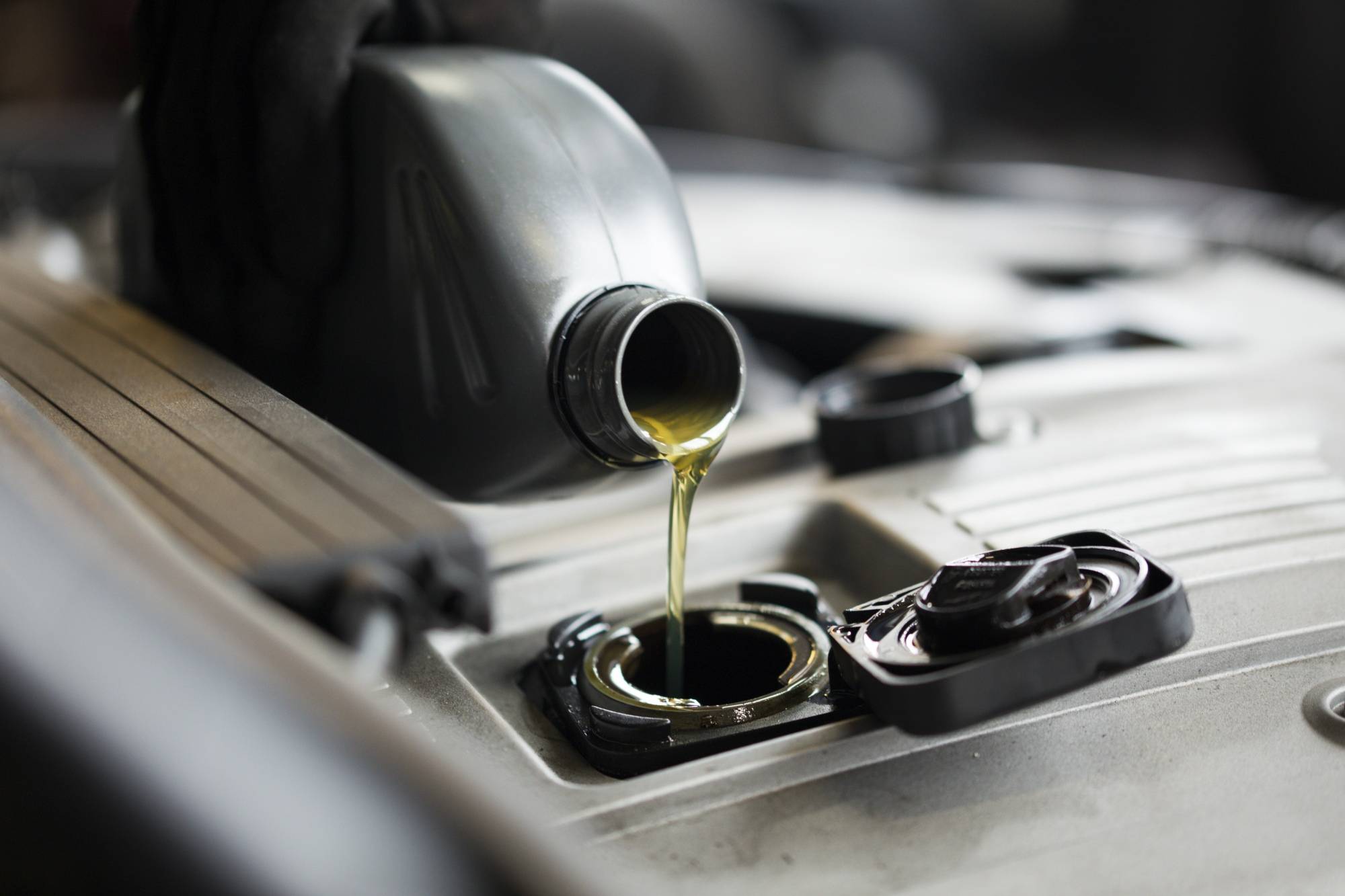 1 Aug 2023
1 Aug 2023European Cars are complex machines, and their engines require all components to function correctly for efficient operation. Among these components, the piston plays a crucial role in converting fuel energy into mechanical energy, powering your Volkswagen, Audi, Skoda, BMW, Mini, or Mercedes.
In this article, we’ll take a quick dive into the importance of car pistons, reasons for their failure, and essential tips to prevent such failures.
Why do pistons break?
Despite their importance, pistons can break, leading to engine failure. Several common causes of piston failure include:
1. Overheating: Engine overheating can cause the metal in the piston to expand, leading to seizing or warping. This issue usually results from insufficient oil, coolant, or a malfunctioning cooling system.
2. Improper Maintenance: Inadequate maintenance and lack of car servicing or oil changes can cause piston rings to become clogged, resulting in a loss of compression and power.
3. Pre-Ignition: Pre-ignition occurs when the fuel ignites before the piston reaches the top of the cylinder, creating excessive pressure that can break the piston – incorrect octane fuel in your European car is often a key cause of this.
4. Detonation: Detonation is an uncontrolled combustion that can crack or break the piston. It often occurs due to low-quality fuel or excessive engine load.
How to prevent piston failure in your Volkswagen, Audi, Skoda, BMW, Mini, or Mercedes?
To prevent piston failure, it is crucial to take proper care of your car's engine. Here are some essential tips:
1. Regular Maintenance: Schedule regular engine servicing maintenance to detect and address any issues early on, preventing them from escalating.
2. Use High-Quality Fuel: Opt for high-quality fuel to avoid detonation and pre-ignition, which can cause piston failure in your European vehicle.
3. Regular Oil Changes: Change the oil and oil filter regularly to prevent the build-up of debris and contaminants that could clog the piston rings.
4. Check the Cooling System: Ensure that the cooling system is functioning correctly to prevent engine overheating, a common cause of piston failure.
5. Avoid Excessive Engine Load: Refrain from overloading the engine, as it can lead to unnecessary strain and eventually cause piston failure.
If you suspect that your European vehicle's pistons are showing signs of failure, seek professional assistance ASAP. At SD European, our specialist technicians exclusively work on Volkswagen, Audi, Skoda, BMW, Mini, and Mercedes, providing top-notch care for your European vehicle. Alternatively, if you are experienced and up for the challenge, we also sell piston sets!
Contact us at 0800 269 772 if you're experiencing piston issues or book an appointment with us to get your car checked promptly and ensure its smooth operation.
Taking proactive steps to prevent piston failure will help keep your car running efficiently and extend its lifespan.


